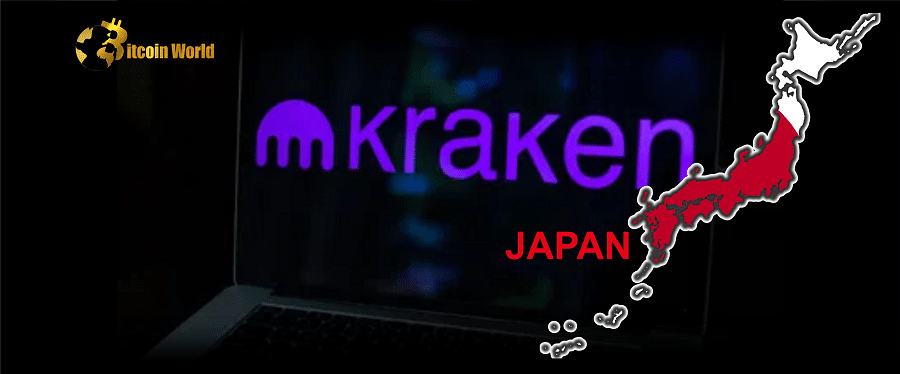The crypto exchange announced that it will deregister as a crypto asset exchange operator with Japan’s Financial Services Agency on January 31.
Kraken, the global cryptocurrency exchange, has decided to close its operations in Japan for the second time, citing a “weak crypto market” as the reason.
Kraken announced in a blog post on December 28 that it has decided to cease operations in Japan and deregister from the Financial Services Agency by January 31, 2023, as part of efforts to “prioritize resources” and investments, stating:
“Current market conditions in Japan, combined with a weak global crypto market, mean that the resources required to expand our business in Japan aren’t justified at this time.”
“As a result, Kraken will no longer service clients in Japan through Payward Asia,” the company explained.
Kraken’s Japanese-facing exchange is run by Payward Asia Inc., a subsidiary of Kraken.
From 2014 to 2018, the same subsidiary company operated in Japan before withdrawing in April 2018 to better focus its resources on growth in “other geographical areas.”
The subsidiary decided to relaunch in October 2020 with a headquarters in Tokyo, offering spot trading on five major assets with plans to expand. The second iteration has now concluded, with Kraken promising that all affected clients will be able to withdraw their funds from the exchange by January 31, at the latest.
Users can withdraw their cryptocurrency holdings to an external wallet or convert their portfolio to Japanese yen before transferring it to a domestic bank account. Withdrawal limits will be removed in January, and a process to allow users to retrieve their staked Ether will be announced shortly.
Deposits will be disabled on January 9, but trading functions will remain operational.
Kraken appears to have prioritized cost-cutting in recent months.
On November 30, Kraken announced one of its “hardest decisions” to reduce its global workforce by approximately 1,100 people, or 30% of its headcount, due to difficult market conditions.














